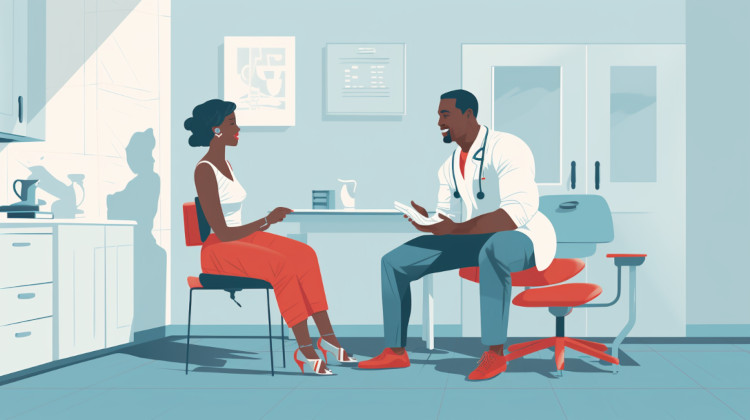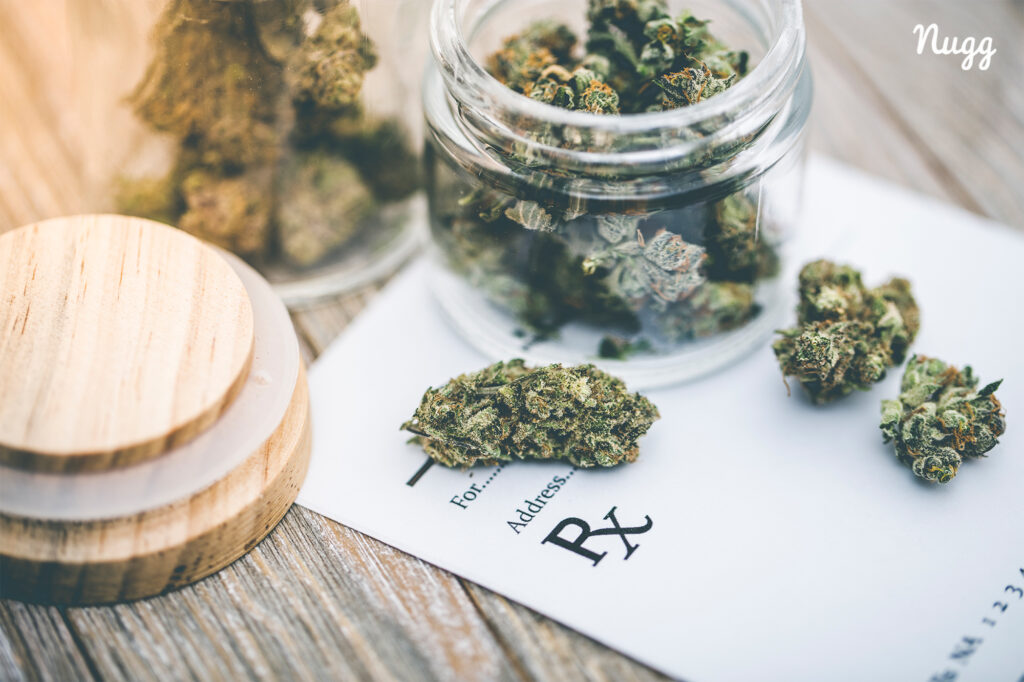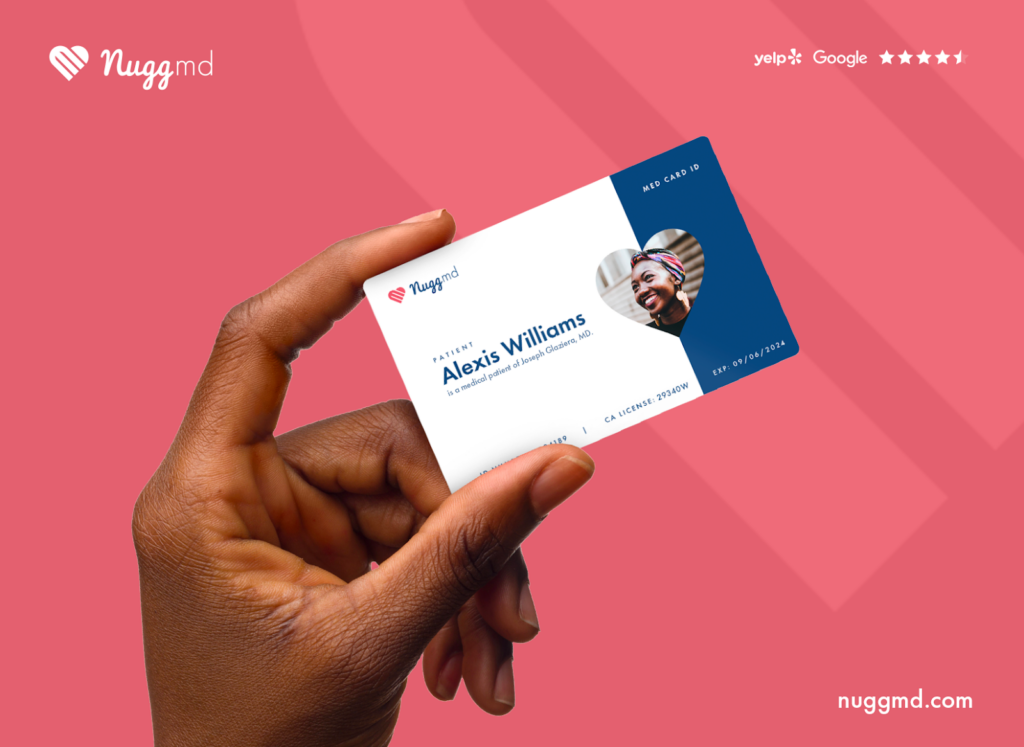
Ehlers-Danlos Syndrome (EDS) is a condition that impacts connective tissue. EDS can significantly impact an individual’s quality of life and be extremely painful. It is estimated that 1 out of 5,000 individuals has this condition.
In 2017, scientists named 13 different types of Ehlers-Danlos Syndrome.1 Each of the different types has defining features that aid in diagnosis. Connective tissue is vital to a variety of biological functions, and having this disorder can present a variety of health concerns.
EDS can be diagnosed during childhood. However, for individuals with more mild forms of Ehlers-Danlos Syndrome, a diagnosis may come later in life or not at all. Getting the proper diagnosis can lead to more effective treatment options.
What Causes Ehlers-Danlos Syndrome?
Ehlers-Danlos is a genetic condition that causes defects in collagen, a protein important in connective tissue development. If others in your family have this condition, consider speaking with your doctor about any symptoms you may have. Currently, at least twenty genes are identified to correlate with this diagnosis.
Ehlers-Danlos Syndrome Signs & Symptoms
EDS can be simple or difficult to diagnose, typically depending on the severity of the individual’s condition. Individuals with Ehlers-Danlos Syndrome may experience the following symptoms:
- Vertigo
- Sleep disturbances
- Skin that stretches easily
- Hypermobility of the joints
- Fatigue
- Thin or soft skin
- Muscle and joint pain
- Joint dislocations
- Nausea and vomiting
- Migraines
- Depression
An individual's symptoms will depend on their specific type of EDS. If you think that you may have this condition, it’s important that you share all your concerns with your doctor.
Can Cannabis Help Alleviate Symptoms of Ehlers-Danlos Syndrome?

Ehlers-Danlos's pain management is a topic within many scientific circles. There is a large need for more EDS pain management options, and cannabis is proving to be an effective option for many individuals with this condition.2 One report of 500 EDS patients from 2020 noted that 36.9% of individuals with EDS were using medical cannabis for symptom relief. In 2022, another survey report on individuals using alternative medicine reported that out of 30 EDS patients, 48% had used cannabis and found it helpful in providing relief from symptoms.3
Opioids are one of the most common recommendations for dealing with EDS pain.4 However, their adverse effects and addictive properties don’t make them an ideal choice. Cannabis may provide more positive outcomes and biological benefits for individuals with EDS by decreasing the use of opioids.5
A 2018 report noted that chronic pain was the most common reason for individuals using cannabis, followed by arthritis and headaches. Cannabis can help relieve pain through the activation of the CB1 receptor as well as its interactions with the PPAR-γ and TRP receptor channels. THC is found to have more than twenty times the anti-inflammatory effect of aspirin. Because key symptoms of EDS include joint pain and migraines, cannabis may help relieve these symptoms for patients.6
Ehlers-Danlos Syndrome can make sleeping difficult, and cannabis can help with that. Cannabis can induce sleep, and many individuals report that they feel more rested after using cannabis.7 Sleep quality is essential; chronic conditions like EDS can make that difficult. Utilizing cannabis may be a great way to get some rest.
The majority of EDS treatment focuses on quality of life. Cannabis has the potential to provide the effects of many other treatment options without many of the adverse impacts that they can have. Cannabis may provide holistic relief, as well as target multiple areas that are being affected by EDS.8
Legality and Doctor’s Recommendation
To determine if your state considers Ehlers-Danlos Syndrome a qualifying condition for medical marijuana, check out our Laws & Regulations section for the medical cannabis rules for your state.
If you find that your state recognizes Ehlers-Danlos Syndrome or its symptoms as a qualifying medical condition, you can seek a doctor’s recommendation to get your medical cannabis card in your state.
How NuggMD Can Help

NuggMD is the nation's leading medical marijuana technology platform, serving patients in 28 states and growing. We’ve connected over 1,300,000 patients with their new medical marijuana doctors face-to-face via our state-of-the-art telemedicine platform.
We believe that every human being has the right to explore the benefits of medical cannabis and are fully committed to helping each patient explore all their options in their journey to wellness. For further information on whether you qualify for medical cannabis, select your state.
Resources
- Malfait F, Francomano C, Byers P, et al. The 2017 international classification of the Ehlers-Danlos syndromes. Am J Med Genet C Semin Med Genet. 2017;175(1):8-26. doi:10.1002/ajmg.c.31552
- Dar S. Treating pain related to Ehlers-Danlos syndrome with medical cannabis. BMJ Case Rep. 2021;14(7):e242568. doi:10.1136/bcr-2021-242568
- Doyle TA, Halverson CME. Use of complementary and alternative medicine by patients with hypermobile Ehlers–Danlos Syndrome: A qualitative study. Frontiers in Medicine. 2022;9. doi:https://doi.org/10.3389/fmed.2022.1056438
- Schubart JR, Schilling A, Schaefer E, Bascom R, Francomano C. Use of prescription opioid and other drugs among a cohort of persons with Ehlers-Danlos syndrome: A retrospective study. Am J Med Genet A. 2019;179(3):397-403. doi:10.1002/ajmg.a.61031
- Hill KP, Palastro MD, Johnson B, Ditre JW. Cannabis and Pain: A Clinical Review. Cannabis and Cannabinoid Research. 2017;2(1):96-104. doi:https://doi.org/10.1089/can.2017.0017
- Baron EP. Medicinal Properties of Cannabinoids, Terpenes, and Flavonoids in Cannabis, and Benefits in Migraine, Headache, and Pain: An Update on Current Evidence and Cannabis Science. Headache: The Journal of Head and Face Pain. 2018;58(7):1139-1186. doi:https://doi.org/10.1111/head.13345
- Choi S, Huang BC, Gamaldo CE. Therapeutic Uses of Cannabis on Sleep Disorders and Related Conditions. Journal of Clinical Neurophysiology. 2020;37(1):39-49. doi:https://doi.org/10.1097/wnp.0000000000000617
- Lucas P, Boyd S, Milloy MJ, Walsh Z. Cannabis Significantly Reduces the Use of Prescription Opioids and Improves Quality of Life in Authorized Patients: Results of a Large Prospective Study. Pain Med. 2021;22(3):727-739. doi:10.1093/pm/pnaa396
The information in this article and any included images or charts are for educational purposes only. This information is neither a substitute for, nor does it replace, professional legal advice or medical advice, diagnosis, or treatment. If you have any concerns or questions about laws, regulations, or your health, you should always consult with an attorney, physician or other licensed professional.

